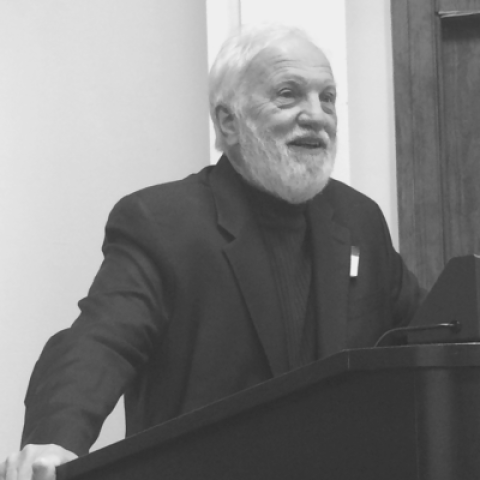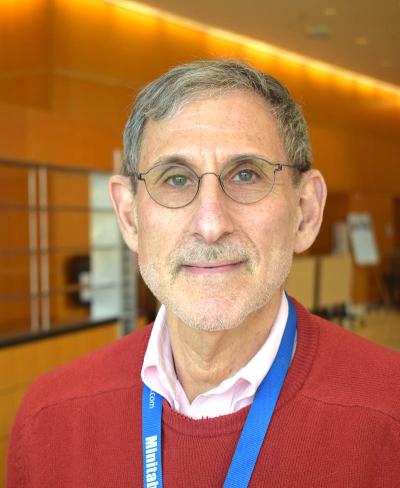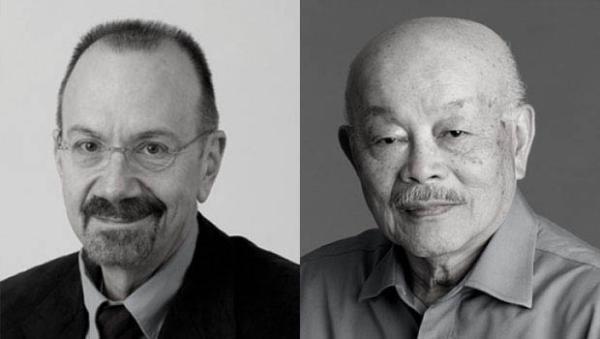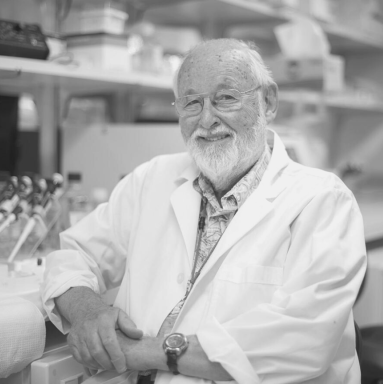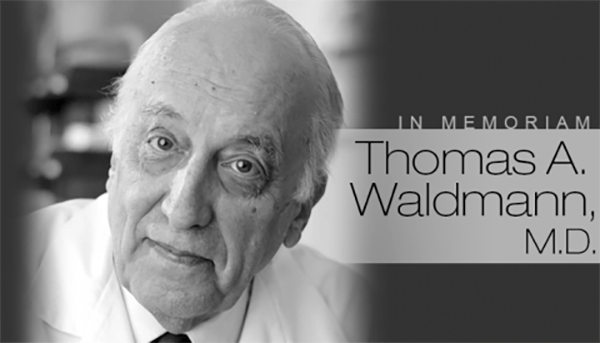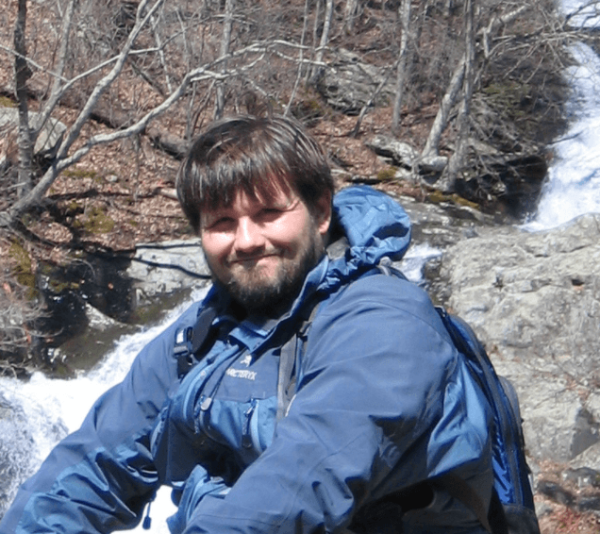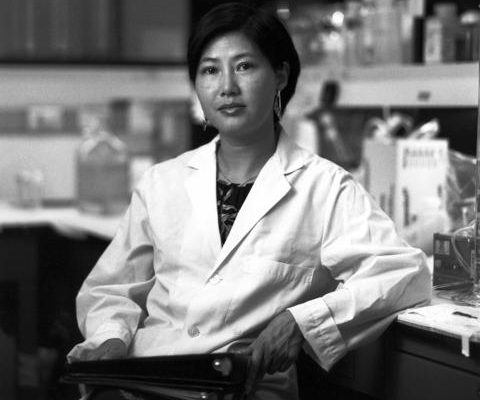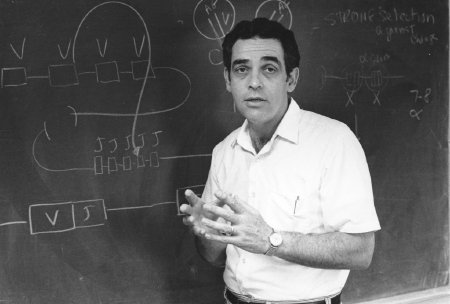NIH Mourns the Passing of W. Michael Kuehl
The IRP community mourns the recent passing of our colleague W. Michael Kuehl, M.D., former senior investigator in the Genetics Branch at the National Cancer Institute (NCI), after a long struggle with renal cancer.
In his more than 30 years at NCI, Michael was devoted to understanding the cellular and molecular biology of multiple myeloma (MM) and pre-malignant MGUS (monoclonal gammopathy of uncertain significance), a precursor of the disease. He identified multiple mechanisms of molecular pathogenesis in MM and he linked pre-malignant MGUS to MM, which is relevant for the early diagnosis and treatment of MM.

